
Diabetes and your drivers license.
Belgium only. This class covers the importance of informing your insurance company, the government and your employer about your illness, the steps to take, the impact diabetes has on driving a vehicle and obtaining, renewing or keeping one's drivers license. We will also focus on the newest glucose management technologies and how these can be used while driving.
Approximate duration: 1:00 hour

Diabetes and psychology.
This class will address the psychological impact diabetes can have on the diabetic person and his/her environment. We will share proven strategies to deal with these difficulties. Particular attention will be given to issues like motivation, burn-out, concentration issues and other work-related difficulties.
Approximate duration: 1:30 hours

Diabetes @ work.
People with diabetes are as valuable as their colleagues, however many are afraid to disclose their illness. This class offers a broad scale risk assessment for employers and will cover a few practical and organisational adjustements companies should implement to foster an inclusive environment for diabetic workers.
Approximate duration: 1:00 hour
The prevention of diabetes: a critical tool to increase workers uptime.
About one out of ten people has diabetes, but what about the others? What is the risk of developing diabetes and what impact does it have on one's personal life and thus on the company's productivity? In times of (qualified) labor shortage it is a duty to focus on the employee's well being to avoid a decrease in productivity. This class is a fun, tips-and-tricks style, prevention class for employees. A recurrent must-have!
Approximate duration: 1:00 hour
The grey zone: prediabetes.
Did you know many people are prediabetic and have no idea? Unaware of the consequences diabetes can have, many don't seem to care. This class will focus on early warning signs of prediabetes and proclaim the good news that there's a way out of it. Another essential class to manage employee uptime.
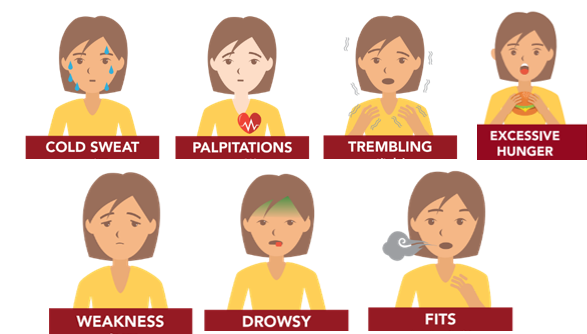
Dealing with a hypoglycemic crisis.
During this class we will explain what happens to a diabetic person during a hypoglycemic crisis, what actions should be taken by the person himself and bystanders. We will also address the legal questions surrounding help offered to a diabetic person during a hypoglycemic crisis.
Approximate duration: 1:00 hour
How to manage diabetes during Ramadan?
Many muslims suffering from diabetes are experiencing difficulties managing their illness in the Holy Month of Ramadan during which they neither eat or drink between sunrise and sunset. This class will give some practical advice to get through this sacred period safely.
Approximate duration: 1:00 hour
On a (business)trip with diabetes.
A business trip is supposed to be efficient. However, for diabetics it brings up a whole array of extra questions. How and where should insulin be kept? What about the glucose meter and sensor? What if my backpack with all of the diabetes supplies gets stolen? Can I swim with my sensor or pump? Can I use the X-ray scanner at the airport? Do I need a medical certificate? What should I do if the country I visit doesn't have the insulin I use? A good preparation of a trip is worth a lot. This class is essential for travellers.
Approximate duration: 1:00 hour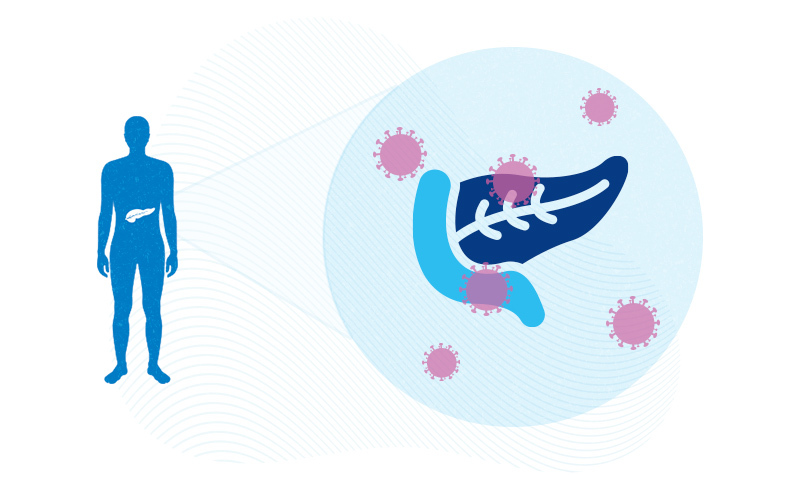
Covid-19 and diabetes.
Is there a link between Covid-19 and diabetes? Does Covid-19 trigger new onset diabetes? Does it interfere with glucose metabolic control? Is Covid-19 targeting the pancreas? This class will cover the latest interesting and relevant conclusions.
Approximate duration: 0:30 hour

Diabetes & illness.
Getting sick, it happens to the best of us. Any form of infection will affect glucose levels and diabetics will notice in advance when their body is fighting a virus or bacteria. This class will focus on the practical things to do to manage your diabetes when being sick.
Approximate duration: 1:00 hour
Diabetes @ school.
Children with diabetes are often having a hard time at school: they don't want any special treatment, they just want to be like their friends. However, they can't always participate in every activity. Parents are often worried. Yes, also parents are having a difficult time balancing their work-life schedule, always being ready to chase off to school for an emergency situation. This class will discuss several aspects of school life and diabetes from the perspective of children, parents, teachers and school nurses.
Approximate duration: 1:00 hour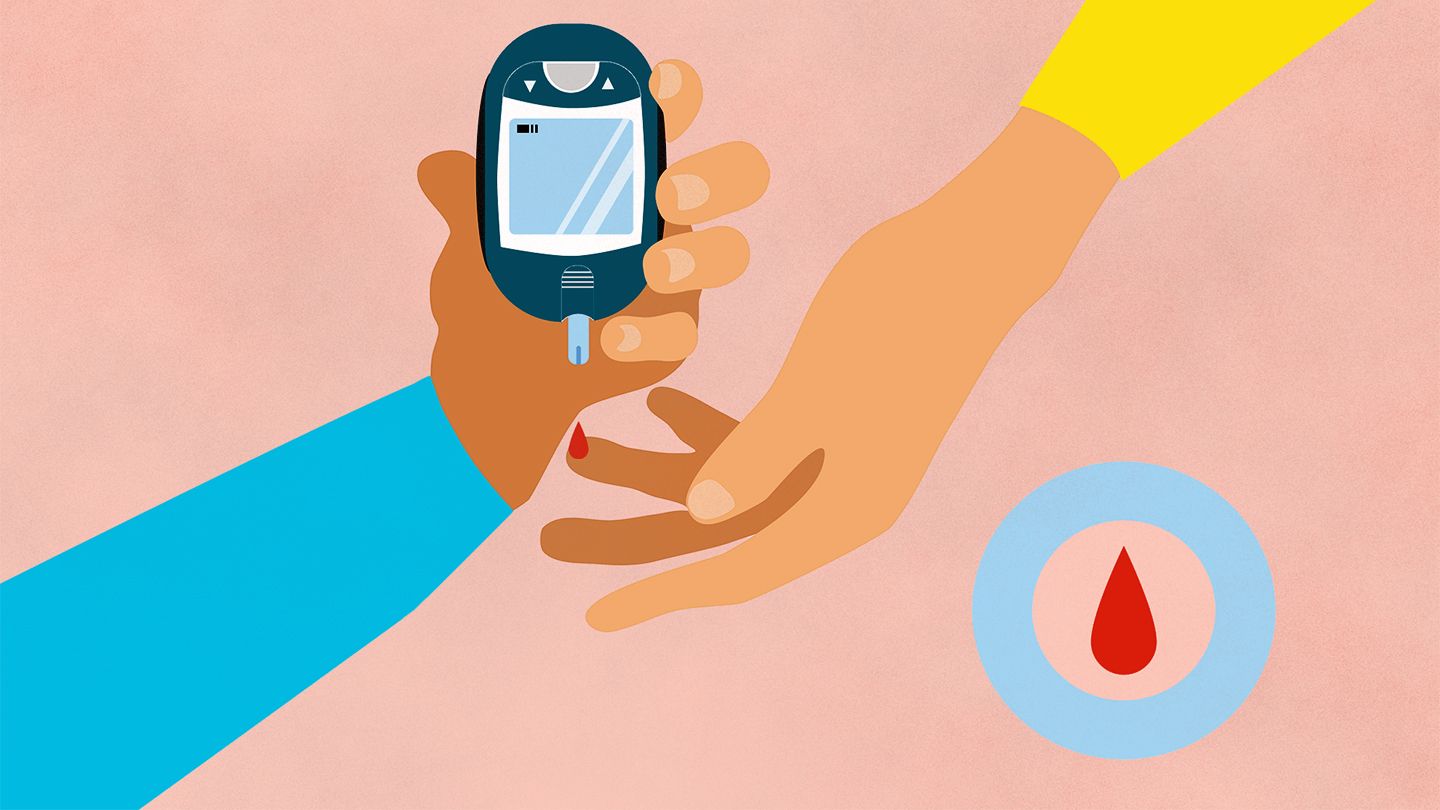
Monitoring blood sugar levels with a meter.
Belgium only. A wide range of glucose meters are available on the market. This class will give an overview of the available meters, their characteristics, their intended patient target group and coverage under different medical plans.
Approximate duration: 1:00 hour
Physical activity and diabetes.
To stay healthy we need to exercise regularly, that's also true for diabetics. Sports are beneficial for diabetic people but can cause certain issues in the management of blood sugar levels, not only during the physical activity but also afterwards. This class will explain the impact physical effort has on diabetes. Good advice included for free!
Approximate duration: 1:00 hour
Diabetes & skin care.
A diabetic person will often deal with a sensitive skin that has to be nurtured in order to prevent uncomfortable consequences. People wearing glucose sensors are also facing various skin reactions. During this class you will receive the necessary tips and tricks to avoid skin issues and we'll also suggest solutions regarding sensor wearing problems.
Approximate duration: 1:00 hour
Partying with diabetes.
It's fun to party. But it's no fun to get in trouble. In this class you will learn about the risks for diabetics related to partying and drinking alcohol.
Approximate duration: 0:30 hour
A healthy eating profile.
This is perhaps the most controversial aspect of diabetes. Diabetes is too often associated with a long list of not-to-eat's. And that list usually contains yummy stuff. How do we open a person's heart to eating healthy? And how can the yummy stuff be included? This session will discuss the basics of a healthy eating pattern.
Approximate duration: 1:00 hour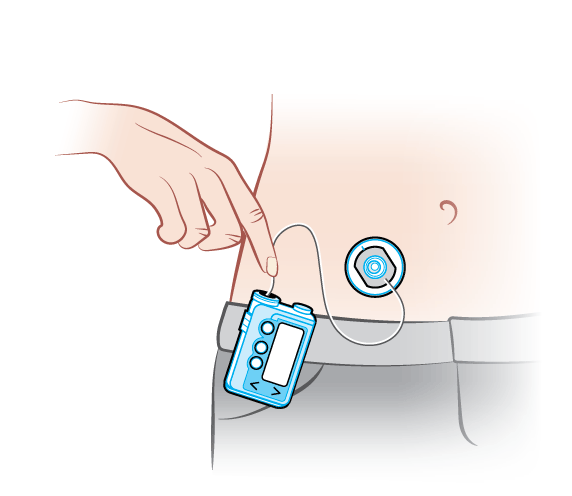
Insulin pumps.
Belgium only. People with type 1 diabetes can switch from multiple daily insulin injections to an insulin pump. But is this method of continuous insulin therapy suitable for every person with type 1 diabetes? What are the advantages and disadvantages? What are the considerations to decide if an insulin pump can improve diabetes management and quality of life? Which pumps are available in Belgium and how are they obtained? This session will be the perfect introduction to know more about these devices and their applications.
Approximate duration: 1:30 hours
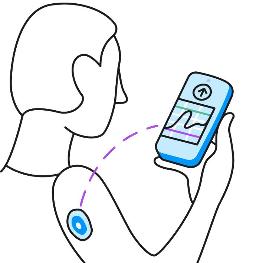
Continuous Glucose Monitoring systems.
Belgium only. This class will help you understand CGM, a modern type of glucose monitoring. How does it work? Why does it read differents glucose levels compared to a glucose meter? What are the pros and cons? Which systems are available in Belgium? Is this useful for every person with diabetes? We'll give you the answers.
Approximate duration: 2:00 hours

Foot care in diabetes: do's & don'ts.
Feet are what keeps us on the move. Diabetes affects feet, consequently people with diabetes need to take extra good care of them. This class focusses on the why and how of foot care for diabetics.
Approximate duration: 1:00 hour
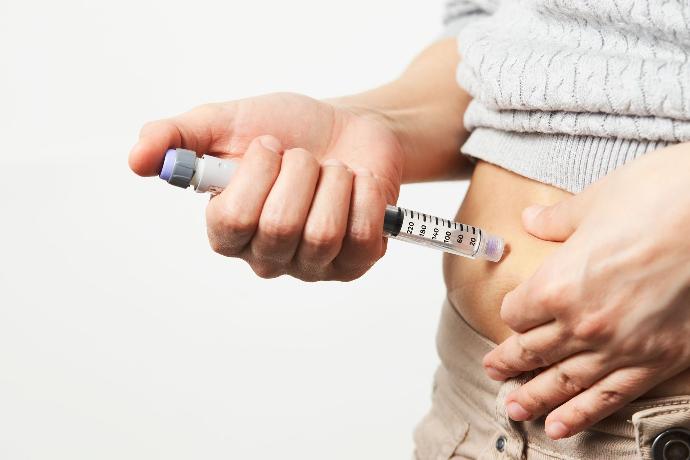
Injection techniques.
Injectable therapies are a common form of managing blood sugar. However, certain people seem not to react appropriately to the amount of insulin injected. The most common culprit of insulin effectiveness loss is the injection technique or lipodystrophy. This class offers practical tips and tricks to optimize insulin absorption and the effectiveness of insulin injection therapies.
Approximate duration: 0:30 hour
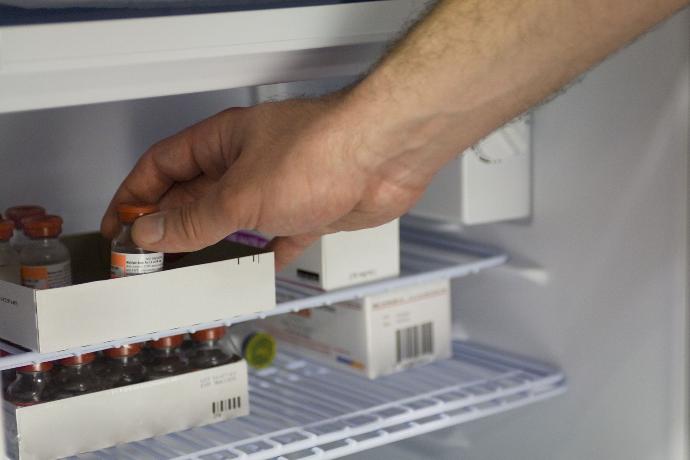
Insulin storage and conservation: more important than you think.
How should insulin be stored? Why are those conservation conditions so important? This session is a practical guide to insulin storage.
Approximate duration: 0:30 hour